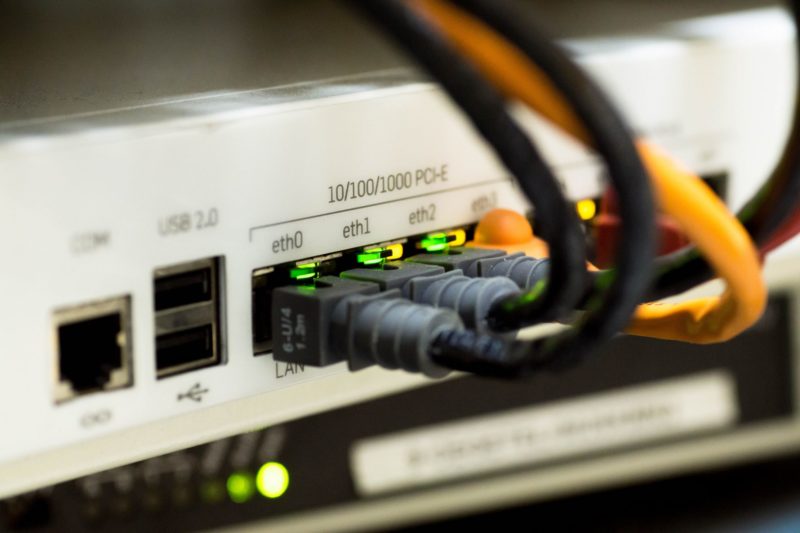Few could have predicted the impact the internet would have on our lives. When it was invented in 1983, few had any idea of how much it would change the way our world works. Everything we do today is now somehow linked to the internet. Work, health, education, communication, news, entertainment- it isn’t easy to imagine how our lives would have been before it.
Asides from changing the way we exist, it has also played a part in disrupting countless industries. Few have gone untouched by its potential, but for this article, we will drill down into its impact on real estate and online banking.
Real Estate
When we think of realtors, sometimes we think of people in flashy suits, talking the talk and attempting to offload dodgy properties on unsuspecting buyers at an inflated value. Of course, that’s just an exaggerated stereotype, but the reality is that the real estate market in terms of efficiency has been stagnant for some time. The widespread use of high-speed internet has changed the way it works and ended up giving real estate agents a run for their money.
In 2021, very few of us start our search for the perfect home offline. In fact, many will head to a property search engine site to see what deals are out there. We can filter by location, property type, size, and prize, thus allowing us to see only the properties that match our specifics. This has speeded up the property search part of the process significantly.
But the internet has also helped us when it comes to applying for home financing. Instead of relying on brokers or approaching each lender individually, we have sites like Trussle. A mortgage advice and comparison site, users can see all the finance options available for their specific needs. They input their income, deposit, and loan term to be presented with options from the most trusted lenders.
These developments have significantly shortened the home-buying process while making it more efficient for everyone involved.
Online Banking
Banking has long been a sector that has struggled to keep up with the times. Over the last ten years, technology has advanced significantly, but yet banking still lagged. Until recently, the only way to check your balance was by visiting a branch, calling up, or fiddling around with a small password generator. Those days are long gone, and finally, banking is embracing digitalization.
Most banks have an app presence now. They allow users to manage almost all of their affairs online and via mobile. But in addition to this, various other banking solutions have popped up. Ebanks is the new preferred method of banking. These sites are wholly app-based and give complete control to the user. They can exchange money, open a savings account, change their pin, or lock the card directly from their mobile phone.
These developments have sent your typical high street banks into a panic as they’ve scrambled to keep up with the convenience, low fees, and instant transfers offered by their competitors.
As of January 2021, there were some 4.6 billion active monthly users of the internet. In other words, most of the world is online and making the most of online services.












